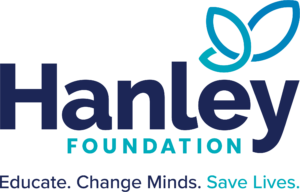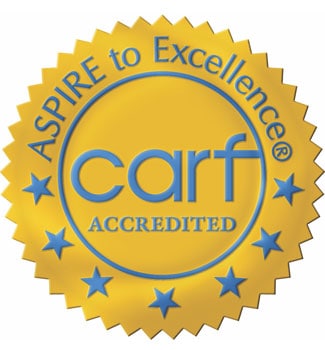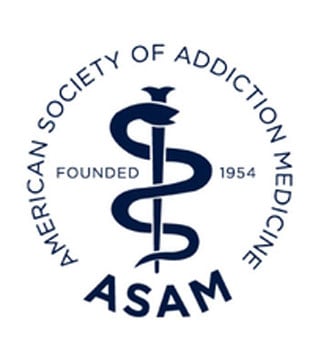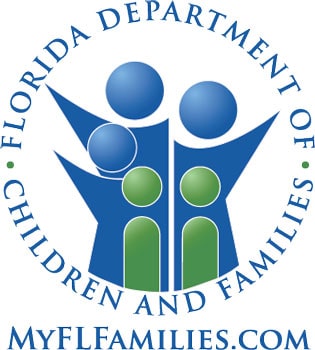Prescription Drug Addiction
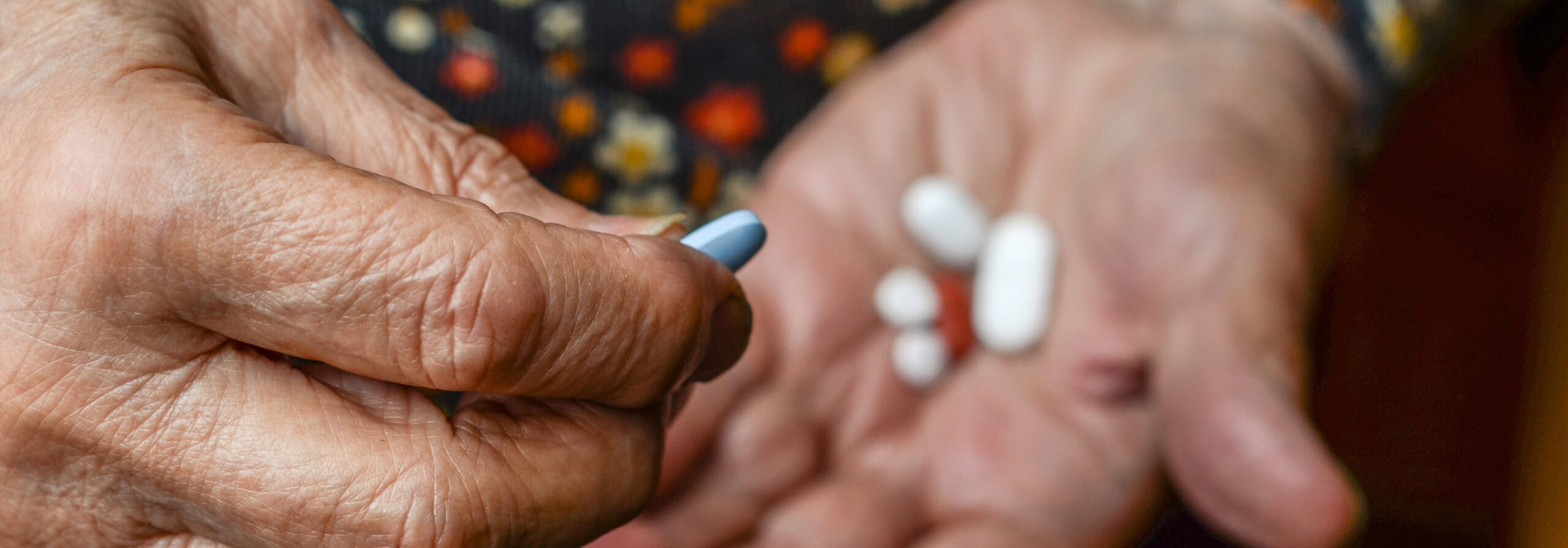
Unfortunately, many people think prescription drugs are safer and less addictive than illicit drugs, but this is not the case. The National Institute on Drug Abuse (NIDA) defines prescription drug misuse as utilizing medications in any manner or dose other than what the prescribing physician intended. For example, taking prescriptions to get high or buzzed is an obvious sign of misuse.
However, using another’s medications, even with their permission to address a significant condition, is a form of prescription drug misuse.
Prescription Drug Misuse and Older Americans
Older individuals may have built up a tolerance to the anti-anxiety or sleep-inducing drugs they have used for decades and may seek higher doses to obtain the same results. Or, they may take their prescriptions in conjunction with alcohol to maintain the same effect. Prescription drug addiction to prescription drugs may slowly develop.
If the prescribing doctor becomes concerned and stops writing the patient’s prescriptions, then the individual might reach out to different physicians to obtain more of the drug. This form of “doctor shopping” leads to a rise in emergency room visits and accidental deaths related to overdoses, particularly prescription opioids.
TYPES OF ADDICTIONS
Primary Types of Misused Prescription Drugs
The NIDA indicates that opioids, central nervous system (CNS) depressants, and stimulants are the most often misused medications. Safe disposal of unused or expired prescriptions is vital since many misused prescription drugs are taken from home medicine cabinets by other family members, either intentionally or accidentally.
Opioid Misuse
Opioid misuse, which includes narcotics of all types, is at a crisis level in the U.S. and is further aggravated by social isolation due to the global pandemic.
Opioids act on the brain and spinal cord receptors to reduce the perception of acute pain stimuli. Some individuals report a worsening or increased sensitivity to pain with opioid usage. Others experience a euphoric activation of the reward regions in the brain that stimulates a greater desire to use opioids.
Addicted individuals tend to “doctor shop” for multiple prescriptions.
Signs of opioid use include:
-
- Mood swings
- Euphoria
- Social isolation
- Constipation
- Nausea
- Vomiting
- Constricted pupils
- Sedation
- Slurred speech
- Itchy, flushed skin
- Cardiovascular complications
- Seizures
- Coma
- Depression
- Anxiety
- Psychosis
- Respiratory depression
And because opioids interact with sections of the brain stem that control breathing, suffocation is also a risk.
CNS Depressant Misuse
Barbiturates, benzodiazepines, and non-benzodiazepines are examples of CNS depressants that are often misused. Additionally, CNS depressants such as sedatives, hypnotics, and tranquilizers help treat anxiety, insomnia, seizures, acute stress, and panic attacks.
Still, they can also be highly addictive due to the way they slow brain activity.
Signs of opioid use include:
-
- Mood swings
- Euphoria
- Social isolation
- Constipation
- Nausea
- Vomiting
- Constricted pupils
- Sedation
- Slurred speech
- Itchy, flushed skin
- Cardiovascular complications
- Seizures
- Coma
- Depression
- Anxiety
- Psychosis
- Respiratory depression
When mixed with alcohol, these drugs are especially deadly. In addition, some CNS medications has caused numerous accidents, and unconscious behaviors and withdrawal symptoms are often very severe.
Stimulant Misuse
Stimulants treat conditions such as attention-deficit hyperactivity disorder (ADHD), narcolepsy, and treatment-resistant depression. Although they can help to increase attention, energy, and alertness, they also elevate blood pressure, heart rate, and respiration.
Signs of stimulant misuse include:
- Weight loss
- Sleep deprivation
- Trembling
- Shaking
- Dehydration
- Elevated body temperature
- Increased agitation
- Hyperactivity
- Cold-like symptoms
- Nosebleeds
- Muscle tics
- Spasms
- Altered concentration
- Inability to focus
- Impulsiveness
- Aggression
- Repetitive behaviors
- Disorganized thoughts
- Paranoia
Additionally, psychosis and seizures are frequent signs of the misuse of prescribed stimulants.
Treatment Modalities
Hanley Center’s multidisciplinary team addresses the needs of your mind, body, and spirit. Relapse prevention and recovery protection are integrated into rehabilitation from prescription drug addiction as you and your family gain tools for successful, sustained recovery.
Therapies monitored by licensed professionals are essential for recovering from a substance use disorder involving prescription drugs.
These include:
- Motivational interviewing
- Neurofeedback
- Biofeedback
- Neurotherapy
- Cognitive-behavioral therapy
- Wellness activities
- Group therapy
- 12-Step programming and support groups
- Nutritional counseling
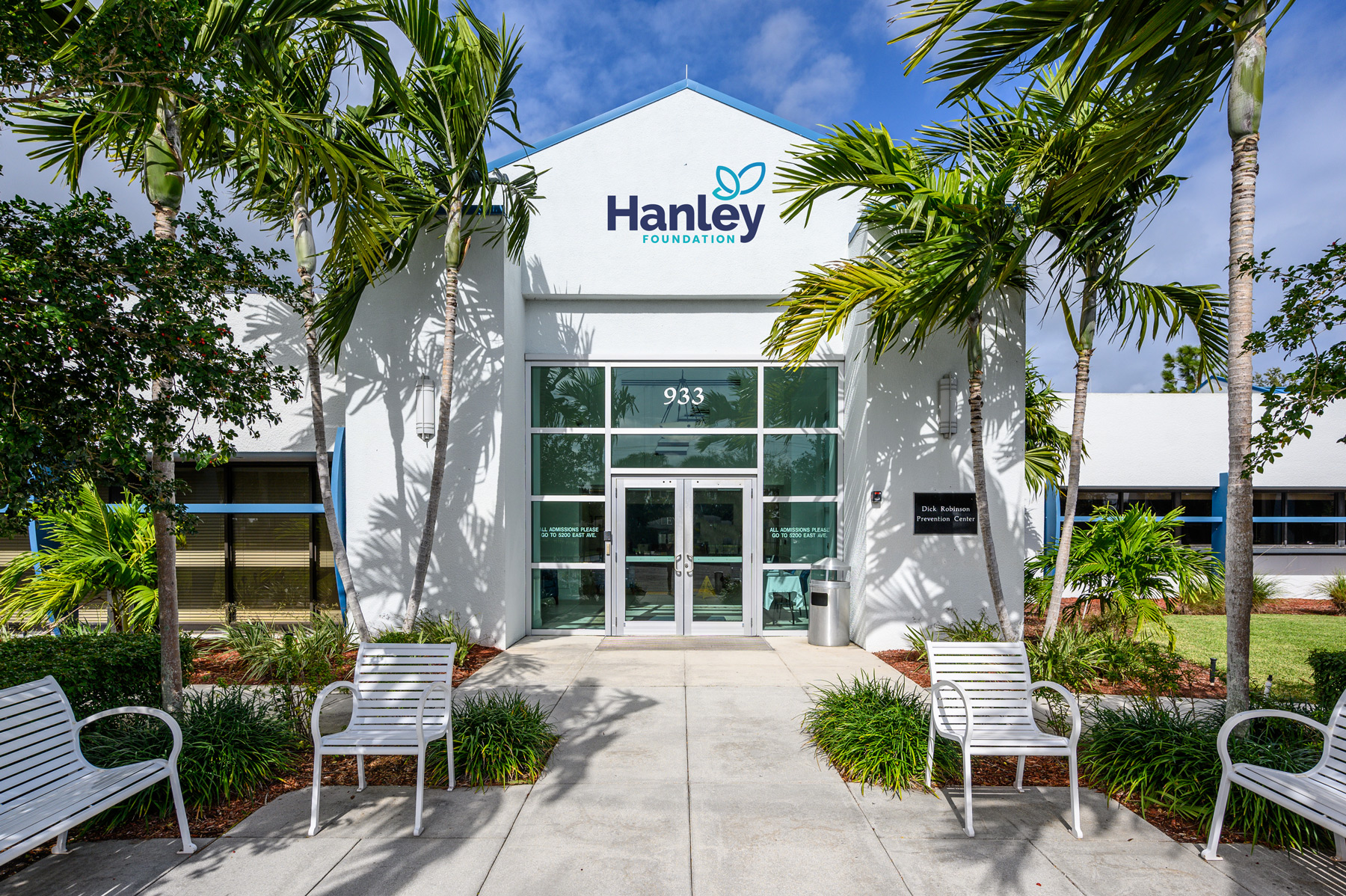
Withdrawal Symptoms
All three commonly misused prescription drugs produce significant withdrawal symptoms.
Opioid withdrawal causes many symptoms such as:
• Restlessness
• Irritability
• Craving
• Increased respirations
• Enlarged pupils
• Loss of appetite
• Tremors and shaking
• Sweating
• Insomnia
• Muscle and bone pain
• Nausea and vomiting
• Diarrhea
• Involuntary leg movements
• Cold flashes with goosebumps
CNS depressant withdrawal:
• Seizures
• Panic attacks
• Hand tremors
• Dry heaving and vomiting
• Palpitations
• Headache
• Muscle pain and stiffness
• Problems concentrating
• Sleep problems
• Irritability
• Increased anxiety and tension
• A host of perceptual changes
Stimulant withdrawal:
- Suicidal thoughts
- Anxiety
- Nerve pain
- Depression
- Lethargy
- Fatigue
- Reduced appetite
- Night sweats
- Chills
- Altered dreams
- Nightmares
- Tremors
- Muscle aches
Medical Detox for Prescription Drug Addiction
Successful treatment focuses on physical, mental, and spiritual needs. Medically supervised detox and stabilization address each type of misused prescription drug. Due to the dangerous effects of withdrawal, individuals attempting to detox from prescription drugs should only do so under skilled care and should always receive medical monitoring for safety.
Positive outcomes happen when the medical detox component of prescription drug addiction treatment for painkillers occurs in tandem with various therapeutic approaches. Hanley Center offers comprehensive medical and clinical care for addiction, including cutting-edge modalities.
We retrain the brain and provide extensive therapeutic support for co-occurring disorders. Our Hanley Center team of experienced physicians, psychiatrists, psychologists, master’s level clinicians, and licensed therapists are ready to help with individualized precision.
For example, post-surgical relapse is a real risk for those in recovery from the disease of prescription drug addiction. It is critical your entire medical team understands your condition and tapers all narcotic medications for acute pain to reduce the risk of relapse adequately.
You will need expert, constant support, and help to monitor all medication dosages following surgery.

Contact Hanley Center
We create a system for healthier, more confident, and more purposeful lives. Our proven, effective, and cutting-edge care for the misuse of prescription drugs work.
Start your journey to freedom and fulfillment today by calling the Hanley Center team at 561.841.1033.
Hanley Center: Most Insurance Accepted
Address: 933 45th Street
West Palm Beach, FL 33407
